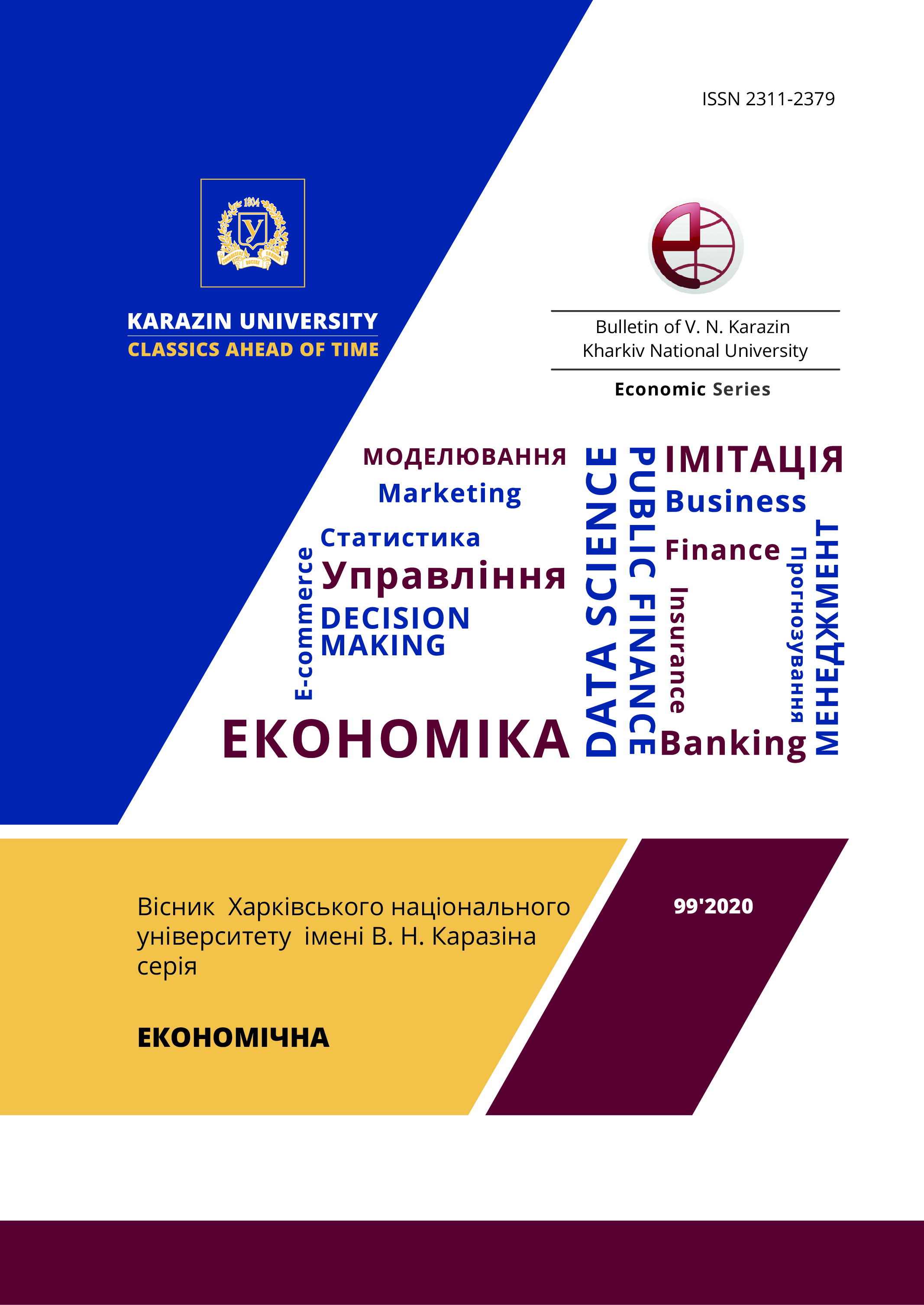SOURCES OF STUDENTS’ MOTIVATION TO TAKE UP PAID EMPLOYMENT DURING STUDYING
Abstract
The article presents the results of the research aimed at identifying the sources of students’ motivation to take up paid employment during the course of study. Motivation process and theoretical approaches towards its consideration – from the points of view of the content, of the process and based on the concept of reinforcement – are described. As for the content motivation is considered either as a function of pay, working time and working conditions, or as a function of autonomy and responsibility. The process approach focuses on the explanation of why people choose certain behavior in order to meet their needs and how they assess their satisfaction after achieving goals. Reinforcement concept explains the role of rewards in causing a change in behavior or maintaining unchanged behavior for some time. There are three areas of students’ activity: educational, professional and personal one. For proper understanding of the concept of “professional activity” an overview of definitions concerning professional activity is done. The main assumptions of the research were that students undertake random jobs guided solely by remuneration. They do not pay attention whether there is any connection with the field of their study. The examination involved 478 students from 15 cities from all over Poland, who study at 43 universities. The research showed that the factors that influenced students’ decisions to take up a job are first of all the following: the need for earning, as well as the desire to gain experience and the need to become a financially independent person. Respondents, who declare compliance of their work with the field of study, additionally indicate the possibility of continuous self development. For the students, who declare work in line with their interest, self-fulfillment is a key focus.
Downloads
References
Sekula, Z. (2008). Motivating to work. Theories and instruments. Warsaw: PWE. (in Polish)
Kopertynska, M. (2009). Motivating employees – theory and practice. Warsaw: Placet Publishing Agency. (in Polish)
Griffin, W. R. (2017). Fundamentals of organization management. Warsaw: PWN Scientific Publishing House. (in Polish)
Peplinska, A., Godlewska-Werner, D., Celinska, S., Nietskazh, Z., & Polomsky, P. (2018). Attachment to the organization and motivation to work versus the level of employee’s materialism – the mediating role of job satisfaction. Human Resources Management, 1(120), 11-30. (in Polish)
Stankievich-Mruz, A. (2020). Perception of Work Flexibility among Students as Representatives of Generation Z and Employers from the SME Sector. Human Resources Management, 1(132), 49–63. doi: https://doi.org/10.5604/01.3001.0013.8778.
Turner, J. S., Helms, D. B. (1999). Human development. Warsaw: WSiP. (in Polish)
Nowatsky, T., Korabiovska-Novatska, K., Baraniak, B. (2000). A new dictionary of work pedagogy. Warsaw. (in Polish)
Viatrovsky, Z. (2005). Professional activity in the context of human professional development. Professiology Problems, 1, 25-33. (in Polish)
Charnetsky, K. (2005). Professiology as a separate field of knowledge and research on professional human development. Professiology Problems, 1, 13-24. (in Polish)
Volk, Z. (2005). Professional development in the context of life. Professiology Problems, 1, 35-47. (in Polish)
Dometska, M., Mrozovitsky, A. (2008). Workers and business people. Models of professional careers and social change in Poland. Qualitative Sociology Review, 1(4), 136-155. (in Polish)
Krause, E. (2012). Professional career development of students – contexts and achievements. Bydgoszcz: University of Kazimierz Wielki Publishing House. (in Polish)

